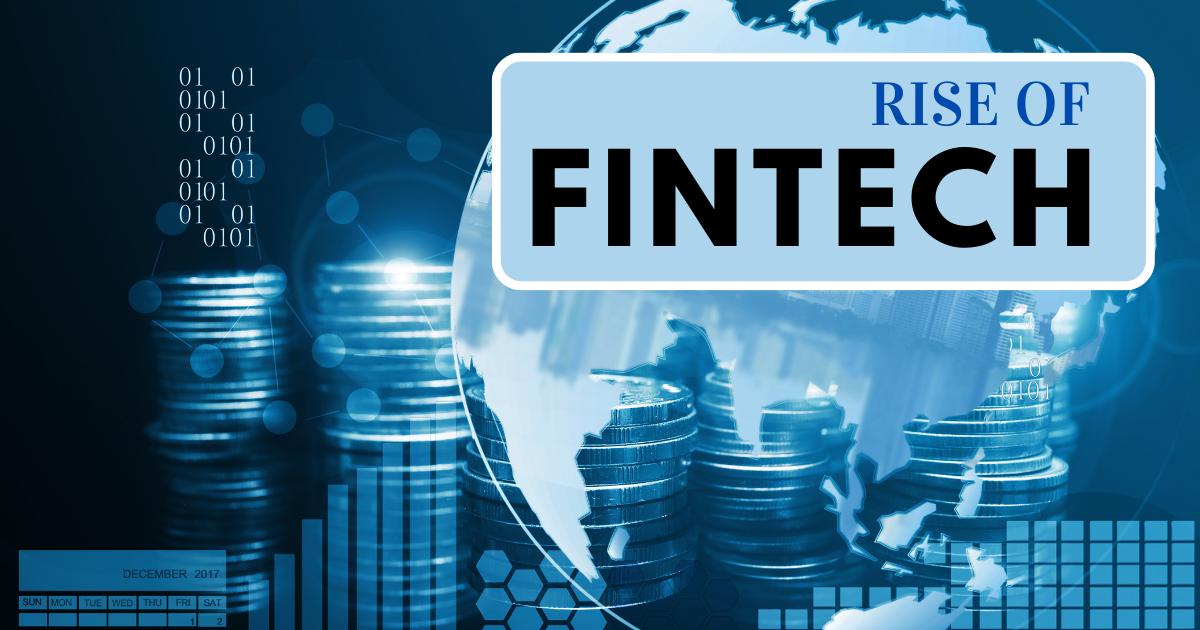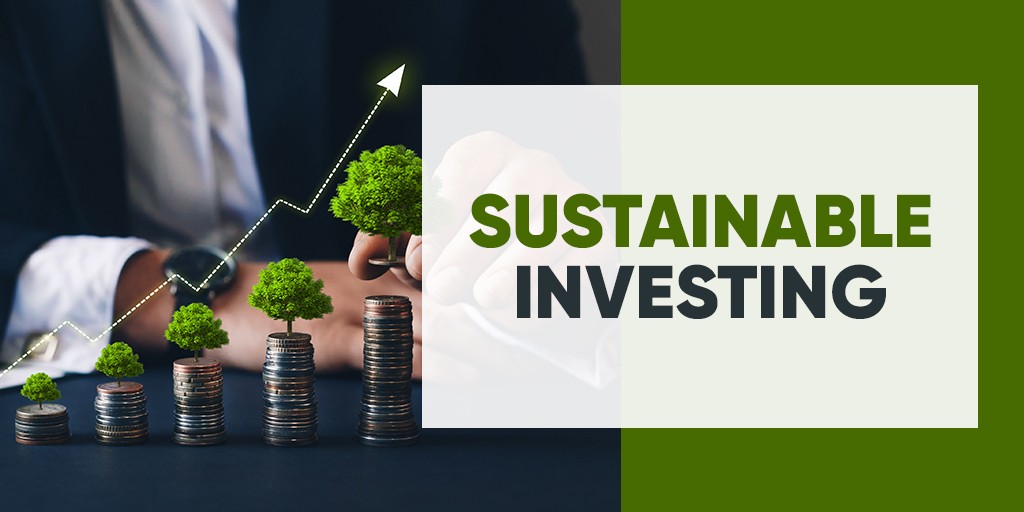Imagine a world where your phone brings banking to your fingertips, where the next economic leap comes not from Silicon Valley, but from the bustling streets of Lagos or Jakarta. Rise of Fintech in developing economies is not just a trend—it’s a transformation that bridges gaps and opens up a spectrum of financial opportunities for millions. Follow me as I guide you through how Fintech reshapes money management and growth in places where traditional banking has fallen short. We’ll look into how expanding digital banking includes those once overlooked and how mobile payments boost local markets. Let’s explore this brave new financial world together, where innovation meets the everyday needs of real people and communities flourish. Join me in unraveling the story of Fintech’s ascent and how it’s setting the stage for a financially inclusive future.
Fintech Growth in Developing Markets and Financial Inclusion
Expanding Digital Banking to Reach the Unbanked
In places where banks are few, fintech brings hope. It opens doors for people outside the formal bank system. Imagine life where paying bills or saving money is tough. Fintech makes it easy. It lets folks without bank accounts join in. Digital banking means you can bank with a click. No more standing in lines.
For many, banking is new. So fintech firms work with locals to get it right. They help people feel safe using their phones for banking. This trust helps everyone. It means more people can pay for things or get paid online. Schools, hospitals, and stores grow as money moves faster.
Leveraging Mobile Payments to Enhance Local Economies
With mobiles everywhere, buying and selling gets easier. You can pay for a cab or buy food at the market with your phone. This helps small businesses grow. When they grow, they can hire more, and more families can eat and live better. Mobile payments are a game changer. They help make local markets strong. And strong markets make better lives for all.
Mobiles are powerful tools for money tasks. They make it so you can send cash to family miles away in a snap. This way, money can help folks back home better their lives. Farmers can get a fair price for crops. And people can start their own business or get loans right from their phones. It’s a big leap for making more jobs and making life better.
So, mobiles are not just for calls or texts. They are wallets that help people step into a brighter future. Fintech gives power to the people – to shop, save, and dream big. It’s not just tech. It’s a key to a better life. And I see it work miracles every day.
Innovations and Challenges in Fintech
The Role of Peer-to-Peer Lending and Online Remittances
Peer-to-peer lending is a big deal in places with few banks. It lets people borrow money straight from others. This way, folk who often get missed out by banks can get loans to start businesses, fix their home, or pay for school. Online remittances make it easier to send money home. Workers in far-off places can now help their families fast and with less cost. These services work using phones and the internet.
Mobile payments are catching on fast too. They let people pay with a tap on their smartphone. They make life easier and save time. In places where cash was king, now folks can shop and pay bills without carrying money around. This is super handy and safer too.
But, all these cool changes come with challenges. Security online is really important. Hackers try to steal money and personal info. So, fintech firms must work hard to keep their systems safe. They do checks to make sure people are who they say they are.
Addressing Fintech Cybersecurity and Regulatory Environments
Keeping money safe is a top priority in fintech. The tech needs to be really secure to protect against theft. This is why digital identity checking is crucial. It helps make sure only the right people get to the accounts.
Laws around money can be tricky. New fintech ideas often have to make sure they follow local rules. This can be hard when the tech is so new. The rules are there to keep things fair and safe for everyone. But, sometimes new ideas need new rules.
Firms that do fintech work hard to fit in with these rules. They want to help more people get to banking services and grow the local economy. They look at ways to let folks borrow small amounts of money, often called microfinance. This is really helpful for small businesses getting started.
Cross-border payments are also getting better. This means people can pay across different countries without waiting too long or paying too much in fees. This helps businesses and families a lot.
We see a lot of startups using fintech in Africa and Asia. They bring fresh ideas to these places and shake things up. They focus on what locals need and can use. This way, they grow fast and help lots of people. New investing, called impact investing, is also cool. It’s about putting money in things that do good and also make a profit.
In the end, these fintech innovations aim to include everyone. They try to make sure all people, men and women, can use these new banking ways. And they want to make sure the way they grow helps the planet, too. It’s not just about making money but doing it in a way that’s smart for the future. They do market studies to stay on top of trends. They design their services to be easy and nice to use. And they team up with others to make the whole fintech world stronger.
There’s no doubt fintech is changing things big time. It’s all about making money stuff easier and safer for everyone, wherever they are. And the growth we’re seeing? It’s exciting and holds lots of promise for even more changes ahead.
Investment and Expansion in Fintech
Fintech Startups Spearheading Economic Growth in Africa and Asia
Fintech growth in emerging markets is rising fast. Africa and Asia are at its heart. Money moves easier now, thanks to fintech. In remote areas, where banks are rare, fintech comes to the rescue. Mobile payments help families and friends share funds at their fingertips.
People here love their phones. They use them to pay, lend, and even save. Firms from Africa and Asia make this possible. They understand local needs and create smart solutions. Fintech innovation blossoms with their help.
Take Kenya, for example. Mobile payments there changed the game. People trade work for money with a simple text. A small business can sell goods anywhere in the country. And all this, without a fancy bank account!
The magic doesn’t stop with payments. Startups are also tackling lending. Peer-to-peer lending services match those who have with those who need. This beats high bank loan rates. It also gives people a chance to grow their dreams.
In Asia, we see fintech rise as well. Digital banking expansion lets folks skip long bank lines. Instead, they handle money matters from their phones. E-wallet prevalence in these regions is worth noting too. They keep money safe and make shopping a breeze.
The Impact of Fintech Venture Capital and Impact Investing
Money from investors fuels fintech startups. Fintech venture capital believes in these bright ideas. It’s not just about cash returns. Impact investing seeks more. It aims for good with every dollar.
Some investors focus on financial inclusion objectives. They back firms that reach out to the unbanked population. This is key to lift people from poverty. It gives them a chance to join the money circle.
Microfinance and fintech go hand in hand. Small loans support local hustles. Crowdfunding platforms gather many small helpers for big dreams. Impact investing in fintech digs deep. It plants seeds for healthy money habits across communities.
Challenges? Sure, there are some. The fintech regulatory environment adapts slowly. Laws must catch up with tech leaps. Fintech startups work hard to follow rules and still break new ground.
Also, digital identity verification is crucial. It helps keep trust in fintech strong. Folks should know their money’s safe. And fintech firms make cybersecurity a top goal.
Money today moves in new ways. Smartphones and tech give power to all—no matter where. Fintech makes life better, one transaction at a time. In Africa and Asia, the fintech seed is growing into a strong tree – one that bears fruit for everyone. Fintech’s story is just unfolding, but its chapters already inspire change and hope.
The Future of Fintech and Sustainable Development
Integrating Blockchain and Cryptocurrencies for Inclusive Finance
Let’s talk about making money work for everyone. Picture a world where everyone can bank, save, and borrow without a real bank. This is where blockchain and cryptocurrencies come in. These tools help people in far-off places join in the money game. Think of blockchain as a shared book. Everyone has a copy, so it’s tough to cheat. It can track money, who owns what, and even safe contracts. Then, there’s cryptocurrency – online money that’s secure and goes fast from one person to another.
For folks who have never had a bank account, these two could be game changers. They can send and get money from family far away with just their phone. It keeps their cash safe and grows their power to buy and sell. We’re seeing it happen right now in parts of Africa and Asia. There, people are using their phones to bank without ever seeing a physical bank. That’s fintech growth in action, making life better for everyone.
Building Fintech Ecosystems Through Education and Gender Inclusion
Great fintech tools are just the start. Folks need to know how to use them. This means learning about digital money is key. We’re teaching communities – both men and women – how this tech can make their lives easier. Men and women should both have the chance to grow vital money skills. This way, everyone has a fair shot at making their lives better.
So here’s the plan: we’ll spread word about fintech and build a world where everyone can join in. We’re talking classes, online chats, and community talks to teach folks how to bank, save, and make their money grow. Plus, making sure both girls and boys see a future for themselves in fintech. That’s right – having more women building fintech means products that work for everyone. This part is big! It could lead to more jobs and a bigger economy, all from getting more people in the fintech game.
We’re making strides in building these inclusive fintech worlds. This isn’t just talk – it’s what I do every day. By making fintech fair and open to all, we’re banking on a brighter tomorrow for every person, no matter where they live. And I believe, with the right fintech tools and knowledge, we’ll get there.
We explored how fintech is changing the game in growing markets. It’s making banking possible for people without banks and boosting local cash flow with mobile pay. Then, we saw the bright side and hard parts of fintech. Peer-to-peer loans and web-based money transfers offer new chances, but they come with cyber threats and tough rules.
We also saw that new fintech firms are leading the charge for economic advance in continents like Africa and Asia. Money from bold investors helps a lot. Lastly, for a better future, fintech must work with blockchain and bring more people on board. This means making sure everyone can learn and both men and women get a fair shot.
In sum, fintech is a force for good. It offers banking to those left out and grows local businesses. It faces tough spots but keeps pushing ahead with help from investors. For a world where everyone gets a piece of the pie, fintech must keep innovating and be open to all. This is the way forward for money and tech joining hands to build a fairer and richer world for us all.
Q&A :
How is fintech impacting developing economies?
Fintech, or financial technology, is significantly impacting developing economies by offering enhanced accessibility to financial services. This includes the provision of banking to the unbanked through mobile money solutions, peer-to-peer lending, and affordable payment services. The rise of fintech in these regions is paving the way for increased economic inclusion, empowering small businesses, and encouraging financial literacy amongst the population.
What are the benefits of fintech in developing countries?
Fintech innovations bring a multitude of benefits to developing countries. They enable greater financial inclusion by reaching individuals and businesses traditionally excluded from formal financial systems. The benefits include lower transaction costs, increased access to credit, simplified money transfers, and the democratization of investment opportunities. Moreover, fintech can bolster the overall economic growth by streamlining payment processes and enhancing the efficiency of financial services.
How does fintech support small businesses in developing economies?
Fintech platforms are proving to be vital in supporting small businesses in developing economies by offering tools and services that were previously inaccessible. Digital lending platforms, for instance, provide swift access to credit without the need for traditional collateral. Likewise, fintech offers payment processing and digital accounting tools that facilitate smoother operations, which is particularly important for small enterprises that need to optimize their limited resources.
What are the challenges faced by fintech in developing economies?
While the rise of fintech in developing economies is largely positive, there are several challenges it faces. These include regulatory hurdles as governments work to establish legal frameworks that can cope with the innovative nature of fintech services. Additionally, there are concerns about cybersecurity, the potential for fraud, and the need for digital literacy amongst the population to effectively utilize these technologies. Infrastructure limitations, such as lack of reliable internet access, can also impede the reach of fintech solutions.
How does fintech innovation drive economic growth in developing economies?
Fintech innovation serves as a catalyst for economic growth in developing economies by making financial transactions more efficient and secure, reducing the costs associated with traditional banking, and enabling more effective allocation of capital. By streamlining payment systems and providing greater access to financial resources, fintech encourages entrepreneurship and creates new market opportunities. This can lead to job creation, increased productivity, and a more dynamic economic environment.






